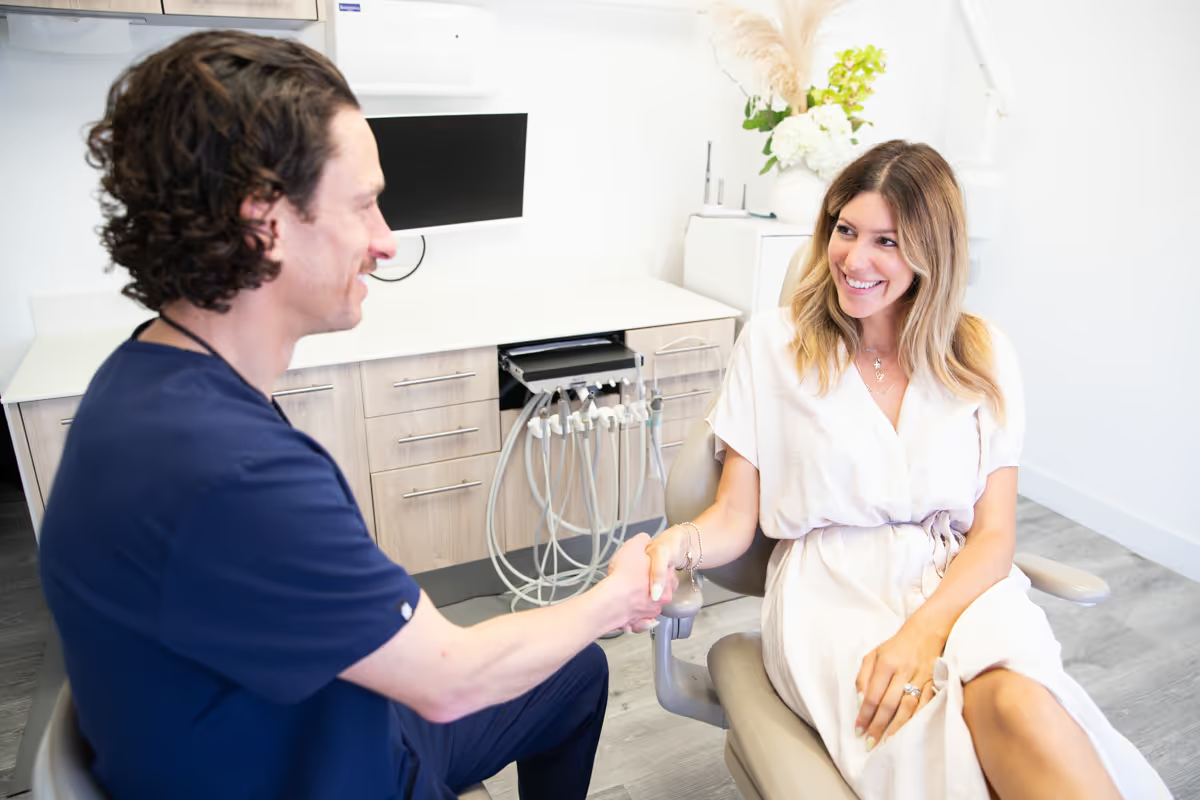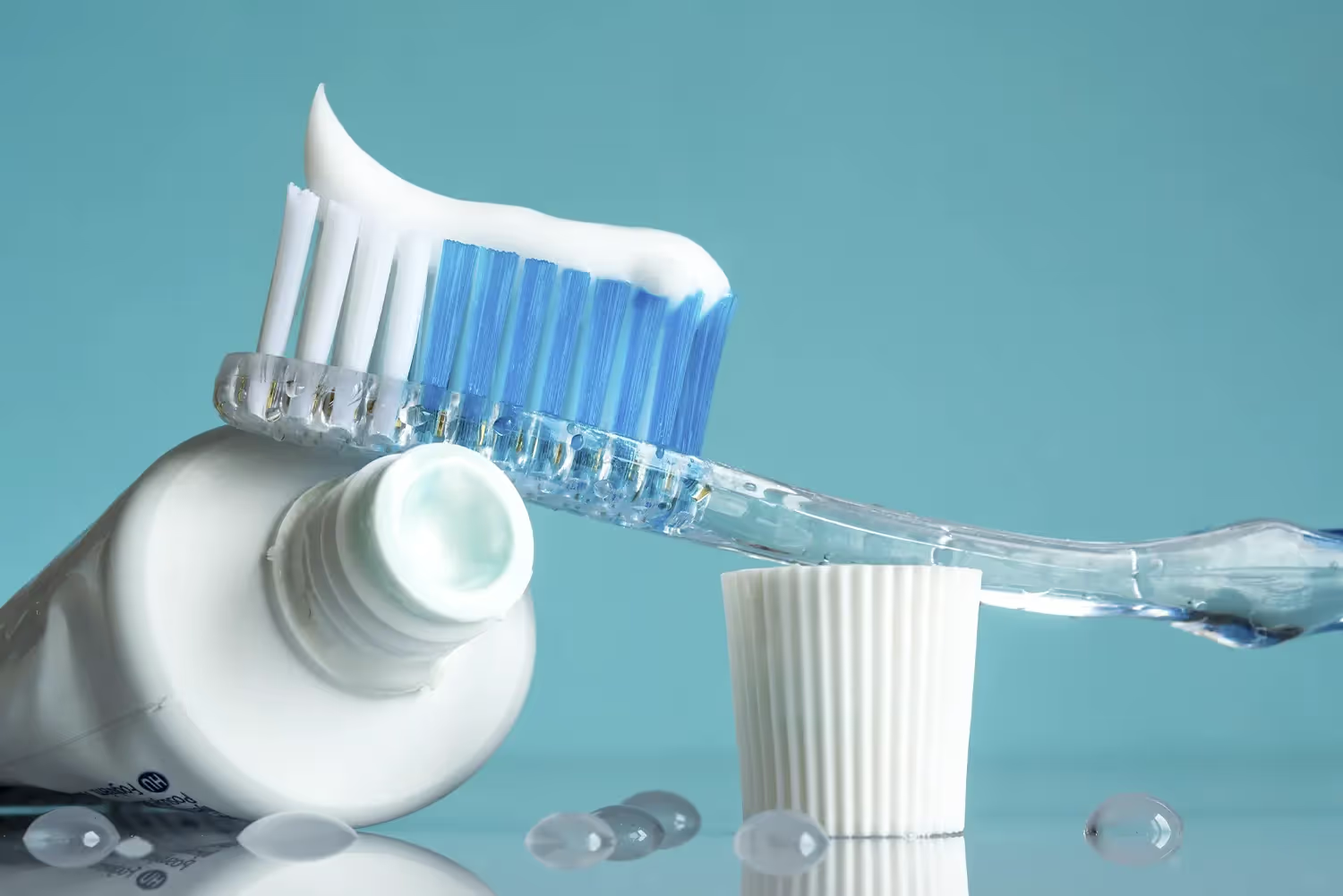
It's a common question and one that we at Fulbright Dental frequently encounter. As leaders in dental health, we understand that the connection between mental health and physical health is a complex one. Anxiety, a condition that affects millions of people worldwide, is known to cause a variety of physical symptoms. But does it cause sleep apnea? The answer isn't as straightforward as you might think.
Understanding Anxiety
Anxiety is a normal reaction to stress, but when it becomes chronic, it can interfere with your daily life. It's characterized by feelings of worry, fear, and unease that are strong enough to disrupt your daily activities. Chronic anxiety can lead to a variety of physical symptoms, including:
- Heart palpitations
- Shortness of breath
- Insomnia
- Headaches
But what about sleep apnea? Is there a connection? Let's dive deeper into this question.
The Link Between Anxiety and Sleep Apnea
Sleep apnea is a serious sleep disorder that occurs when a person's breathing is interrupted during sleep. There are two types of sleep apnea: obstructive and central. Obstructive sleep apnea, the most common form, occurs when the throat muscles relax and block the airway. Central sleep apnea, on the other hand, occurs when the brain fails to send the right signals to the muscles that control breathing.
While anxiety doesn't directly cause sleep apnea, it can exacerbate the symptoms. High levels of anxiety can lead to poor sleep quality, which in turn can increase the likelihood of sleep apnea. Additionally, anxiety can cause behaviors such as overeating and alcohol consumption, which can contribute to the development of sleep apnea.
How to Manage Anxiety and Sleep Apnea
If you're struggling with anxiety and sleep apnea, don't despair. There are several strategies you can employ to manage these conditions:
- Practice good sleep hygiene: This includes maintaining a regular sleep schedule, avoiding caffeine and alcohol before bed, and creating a comfortable sleep environment.
- Exercise regularly: Physical activity can help reduce anxiety and improve sleep quality.
- Seek professional help: If your anxiety and sleep apnea are severely impacting your life, it may be time to seek professional help. Therapists and sleep specialists can provide effective treatments for these conditions.
The Role of Dental Health in Sleep Apnea
At Fulbright Dental, we believe in the importance of holistic health. That's why we're not just concerned with your teeth, but also with how your dental health affects your overall well-being. Poor dental health can contribute to sleep apnea in several ways:
- Temporomandibular joint (TMJ) disorders: These conditions, which affect the joint that connects the jaw to the skull, can contribute to sleep apnea by restricting the airway.
- Misaligned teeth or jaw: Dental issues that affect the position of your jaw or teeth can narrow your airway, potentially leading to sleep apnea.
- Enlarged tongue or tonsils: Certain oral conditions can cause enlargement of soft tissues in the mouth and throat, increasing the risk of airway obstruction during sleep.
It's important to note that while dental health can impact sleep apnea, there are also dental solutions that can help. For instance, certain oral appliances can be used to treat sleep apnea by keeping the airway open during sleep.
Get Sleep Apnea Treatment in Redondo Beach
At Fulbright Dental, Dr. Fulbright and Dr. Faist are committed to helping patients in Redondo Beach, CA, manage their sleep apnea. We offer a range of treatments, from lifestyle changes to oral appliances, to help you get a good night's sleep. Don't let sleep apnea keep you up at night. Contact us at (310) 357-1266 to request an appointment.


Veneers 101 in Manhattan & Redondo Beach
Porcelain veneers are one of the most trusted ways to completely transform your smile. These thin, custom shells are placed on the front of your teeth to cover chips, stains, gaps, or uneven shapes. At Fulbright Dental, veneers are about more than just a cosmetic upgrade. Our doctors bring decades of experience in cosmetic and restorative dentistry, combining advanced techniques with an artistic eye. To take results even further, we partner with Master Ceramist Paulo Battistella, who helps design veneers that look natural and blend seamlessly with your smile. With our wellness-focused approach, you can expect veneers that not only look amazing but also support long-term oral health and a comfortable bite.


